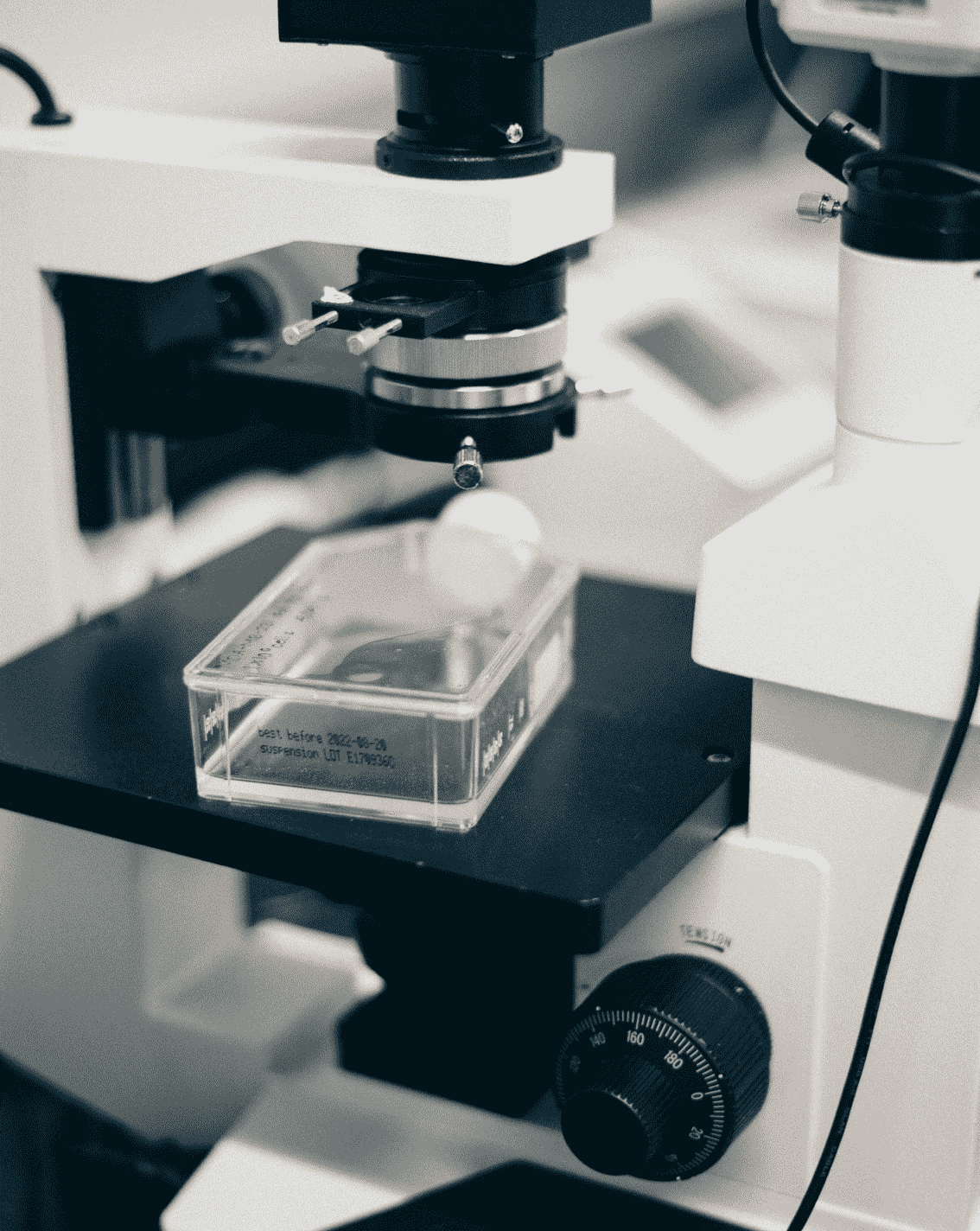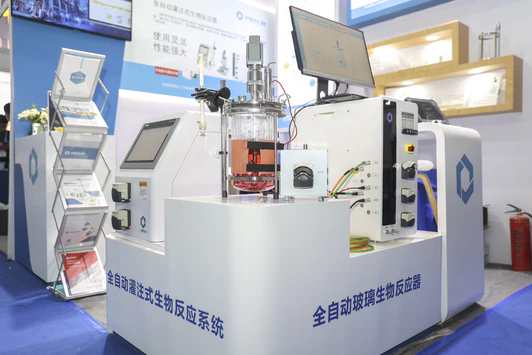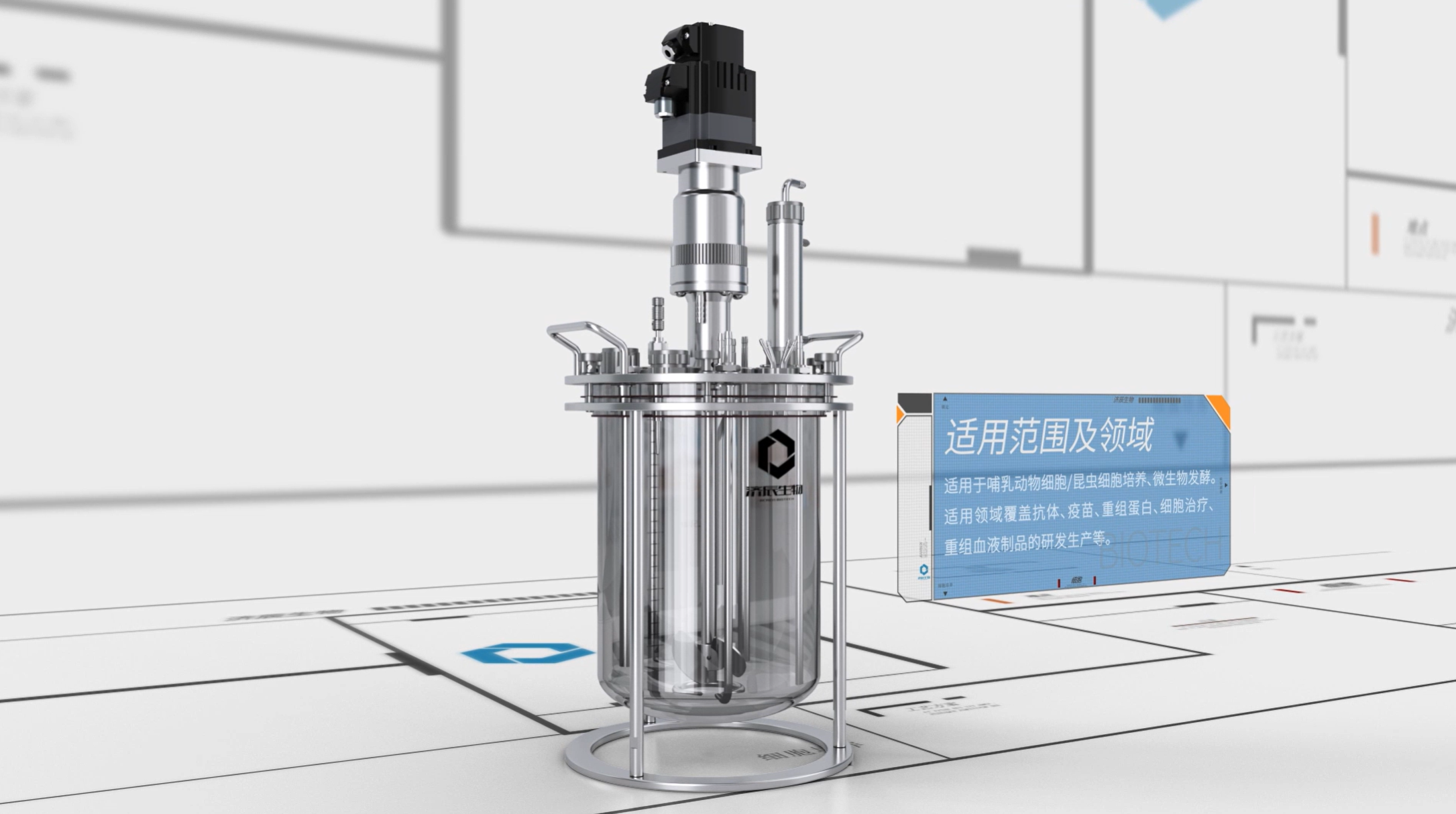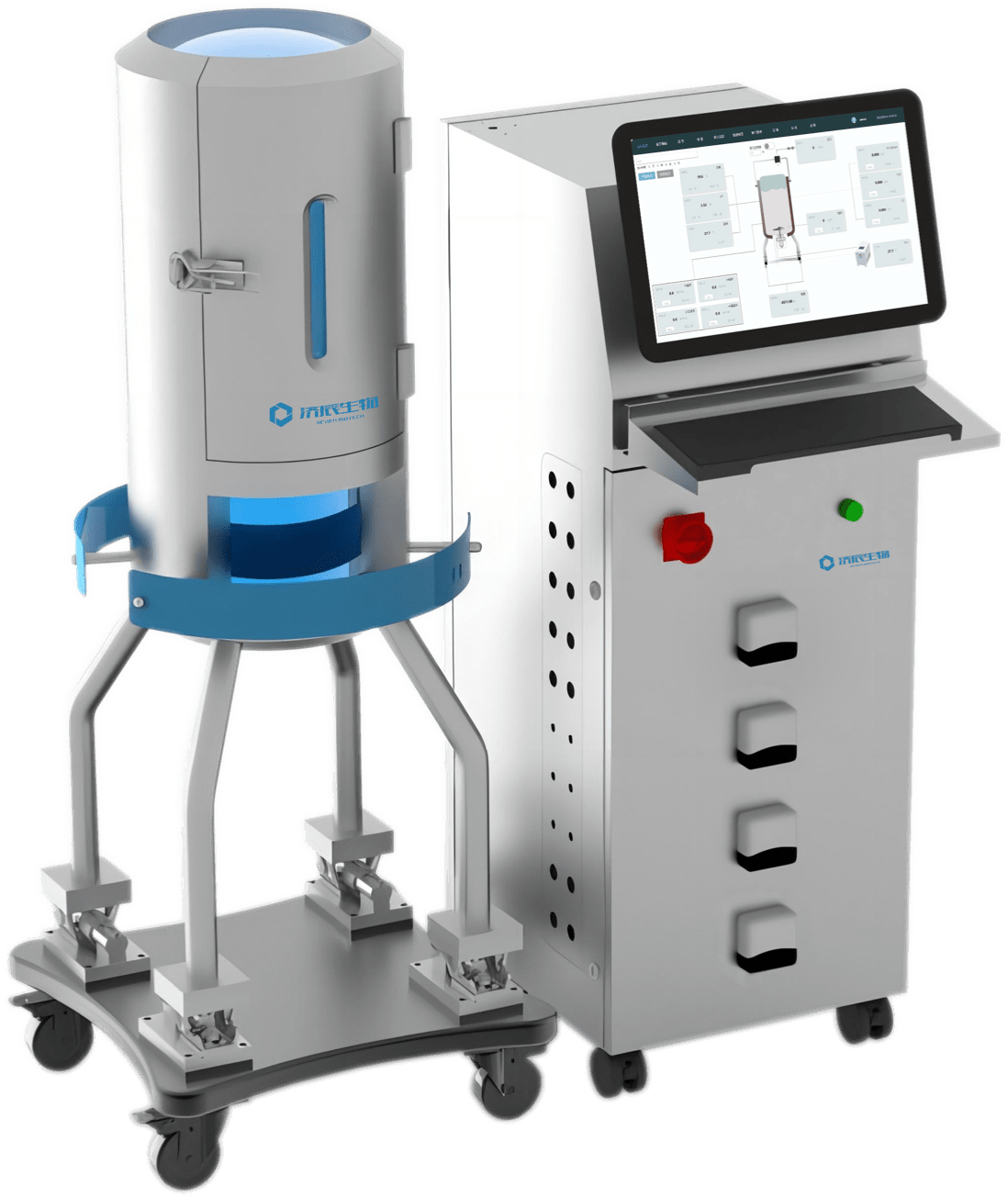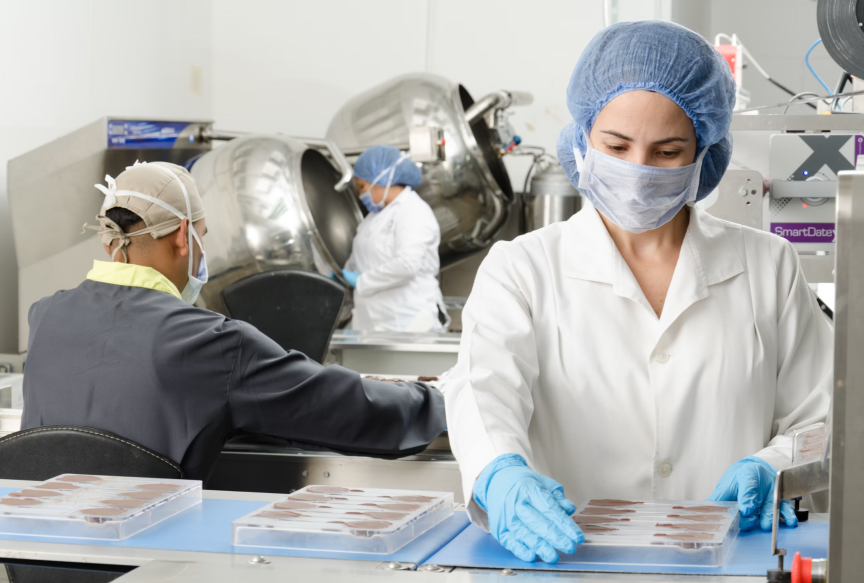Cell culture technology is extremely widely used in biopharmaceuticals, especially in the area of adherent cell culture technology. Adherent cell culture is a culture method that makes cells dependent on attachment to a growth matrix for proliferation and survival. Applications of this technology in biopharmaceuticals range from diagnostics and therapeutics to the production of biopharmaceuticals.
Basic Principles of Adherent Cell Culture
Adherent Cell Culturing involves the separation of cells from a tissue or cell suspension and allowing them to attach to the culture vessel. These cells undergo a latency period after attachment and then begin to grow at a high index of metabolic activity until they reach a confluent state. At this point, cell growth stops and the culture enters a stationary phase. Typically, cell harvesting occurs when cell density inhibits growth. However, releasing cultured cells on demand would be very beneficial for certain biomedical applications 1.
Process of cell culture
The process of cell culture consists of several key steps: cell inoculation, expansion, and harvesting. First, cells are thawed from their frozen state and inoculated into a culture vessel. This step needs to be performed carefully to avoid contamination and to ensure that the cells have a good sterile start 2.
Adherent wall cell culture versus suspension cell culture
Adherent wall cell culture and suspension cell culture are two basic cell culture systems. Adherent cell culture is suitable for most cell types, including primary cultures, while suspension cell culture is suitable for cells adapted to suspension culture and some other non-adherent cell lines. Growth of adherent cell cultures is limited by surface area, while growth of suspension cell cultures is limited by the concentration of cells in the medium 3
Cell culture in biomedical research
Cell culture is a fundamental technique in biomedical research used to study and manipulate cells in a controlled environment. It involves the isolation, propagation, and maintenance of cells from their natural environment, providing scientists with a powerful tool to investigate cell behavior, explore disease mechanisms, and develop new therapies. Cell culture technology has revolutionized a number of fields including cancer research, drug discovery, regenerative medicine and biotechnology 4.
Advances in cell culture technology
With the advancement of cell culture technology, researchers have the option of choosing either adherent or suspension culture platforms depending on the research application. Each of these methods has advantages and limitations, such as scalability, resource requirements, facility space, and processing monitoring. Adherent wall cell culture is particularly suitable for cell types that require attachment to a growth matrix, which are especially important in biopharmaceutical production 5
In summary, adherent cell culture technology plays a crucial role in the field of biopharmaceuticals, which not only provides a powerful tool for research in cell biology, but also plays an important role in drug development and production. With the continuous advancement of technology, this field is expected to bring more breakthroughs in the future.
